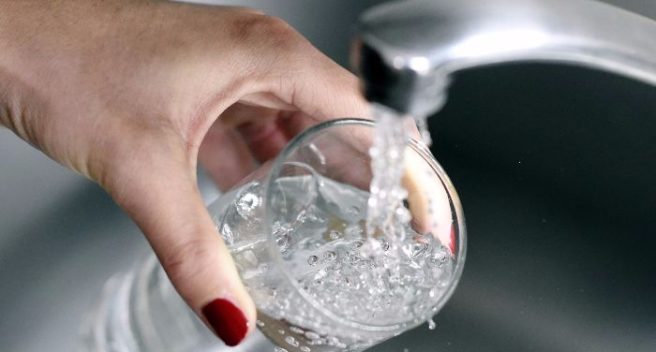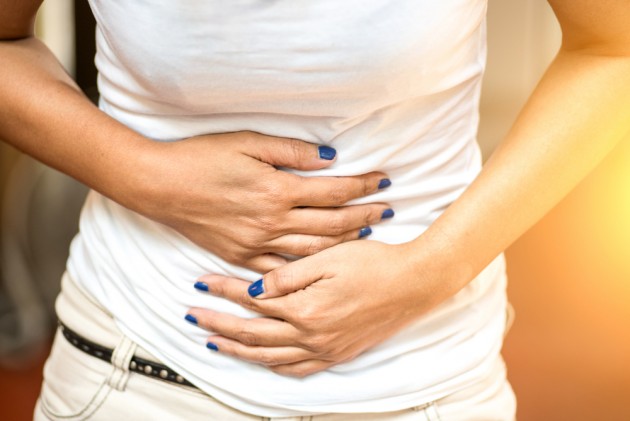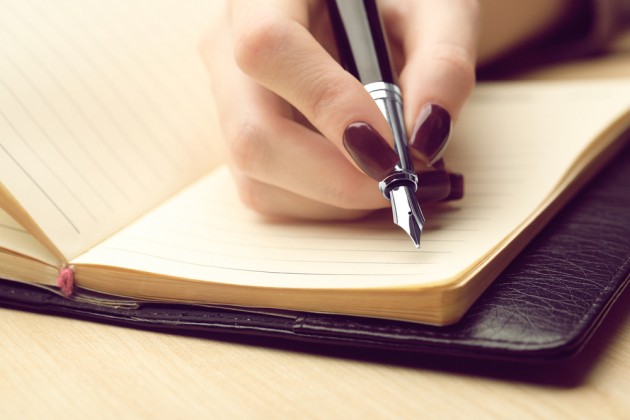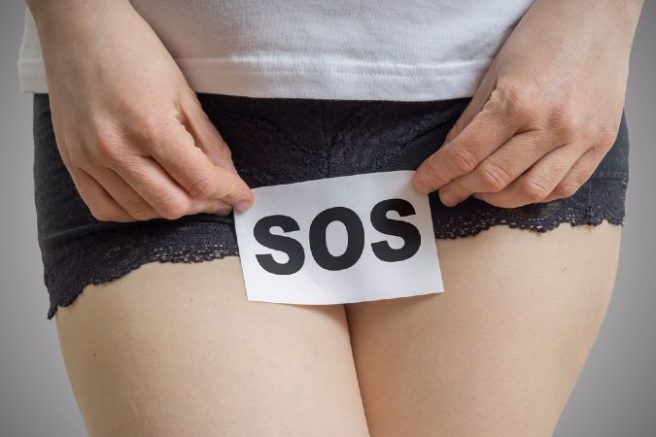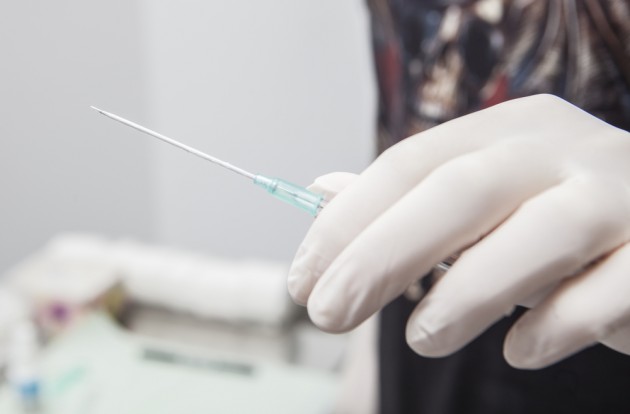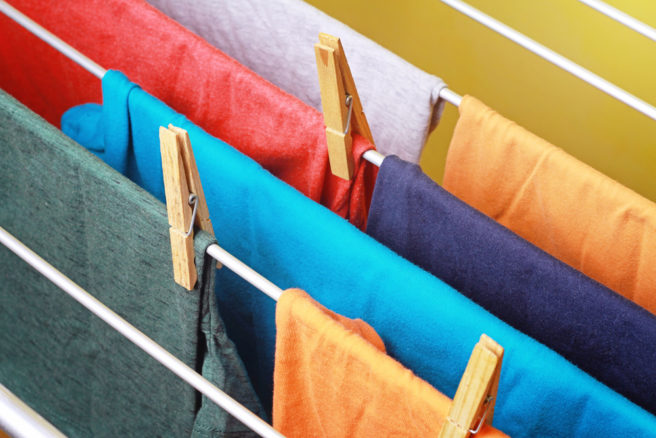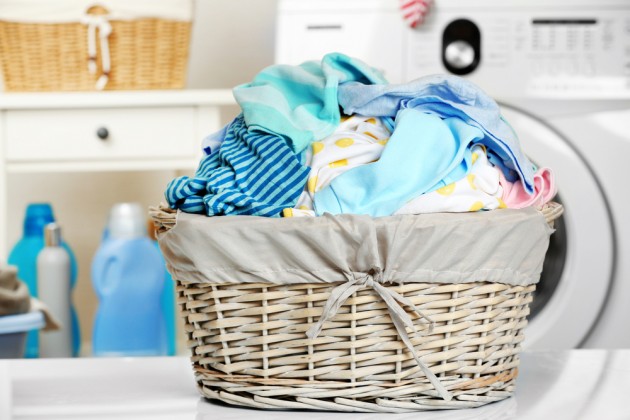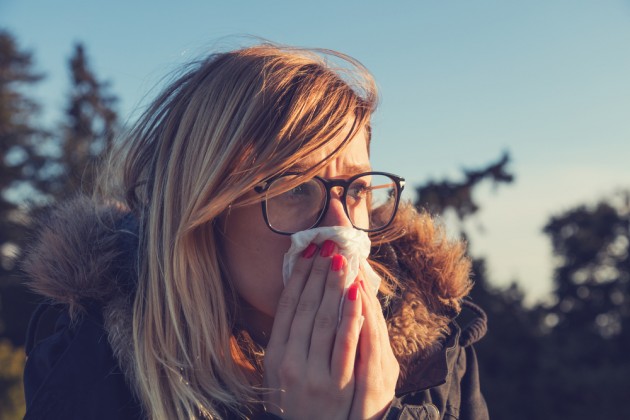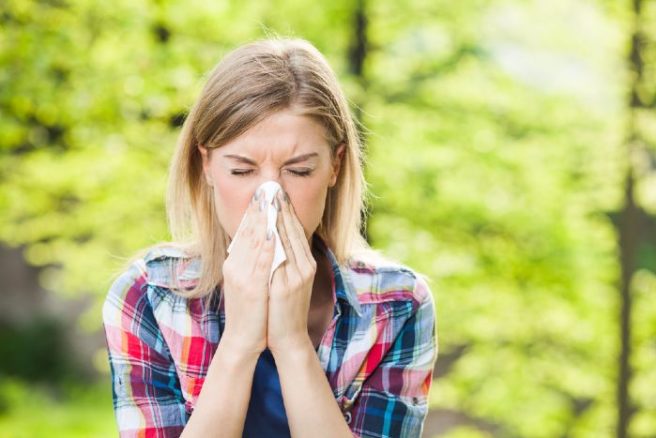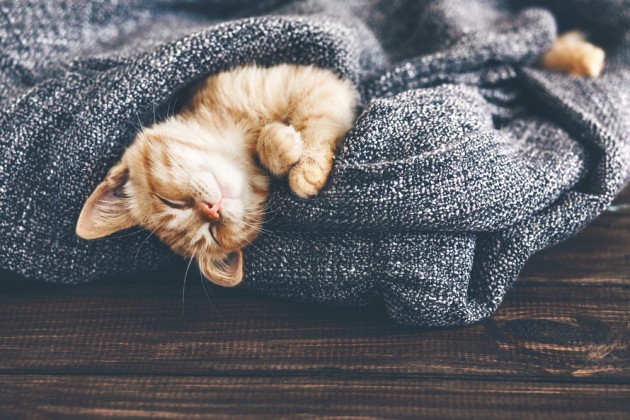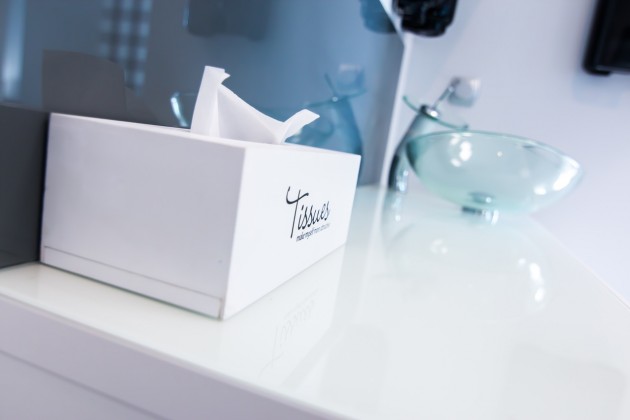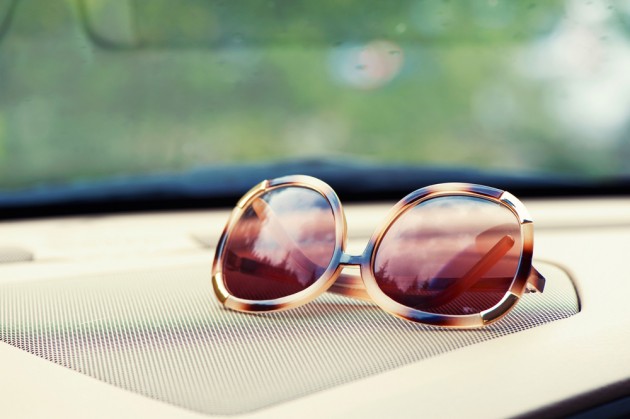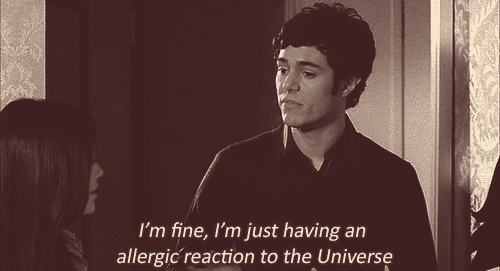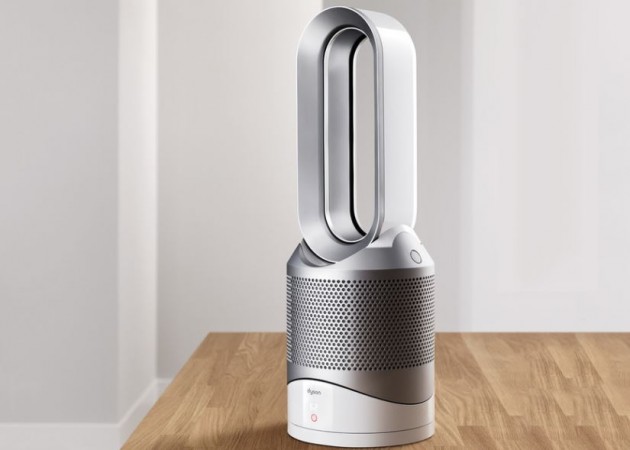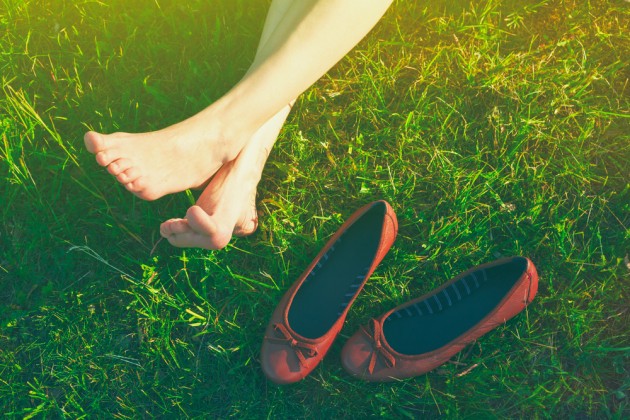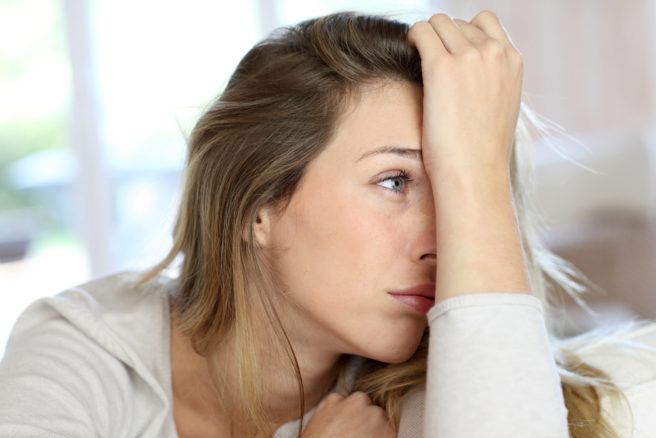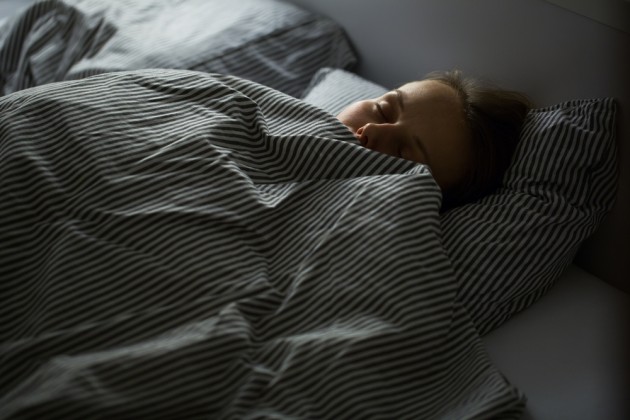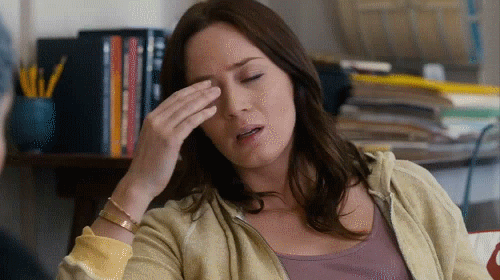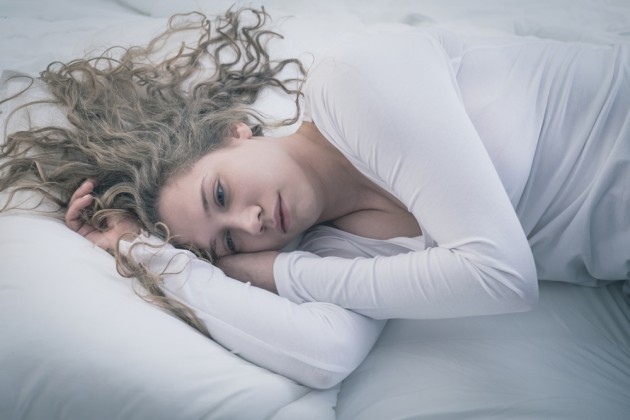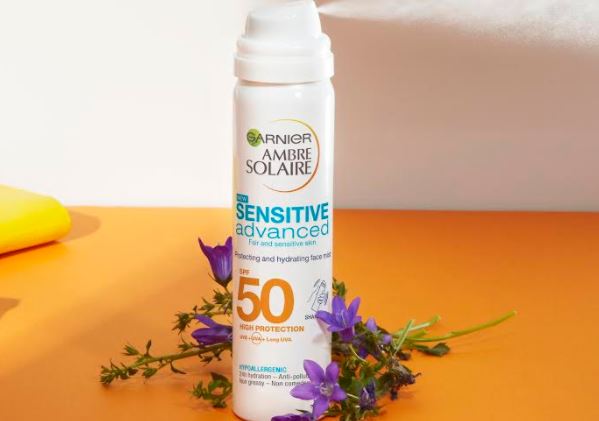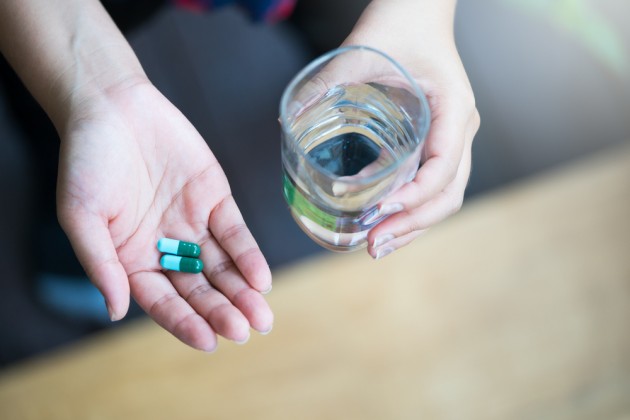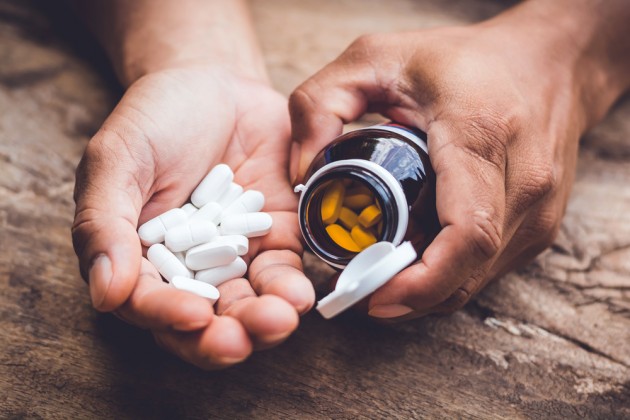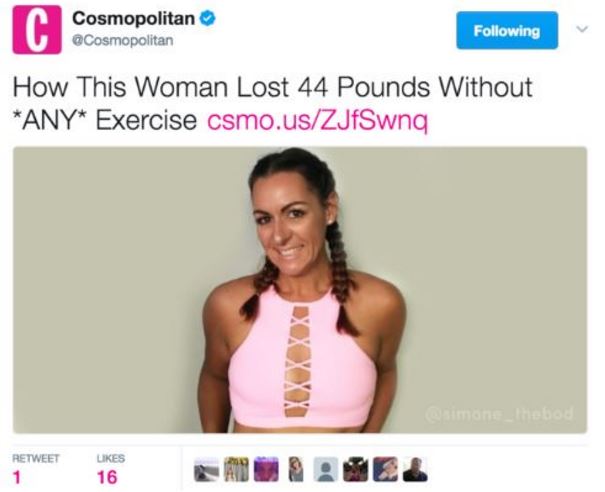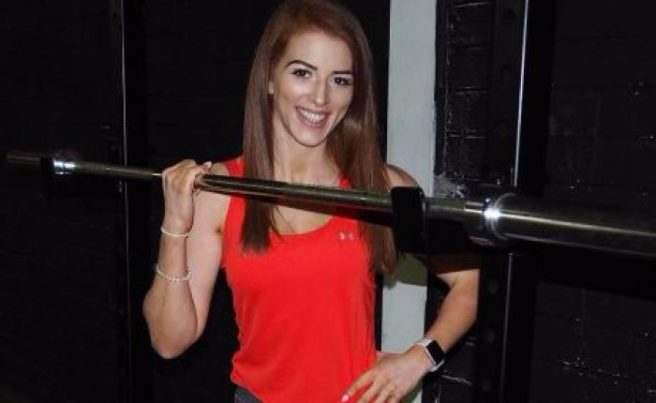In my early twenties, I spent an inordinate amount of time wondering how other people managed to make it through the day without needing to take a nap.
I marvelled at friends and family members who rose at 7am and went to bed at 11pm, and didn't once feel the need to rest their chin against their chest and sleep.
And sleep, and sleep, and sleep.
At about 24, I started noticing that no matter how much sleep I got, I struggled to function at the same level as other people. At the time I was completing an MA and working a part-time job, so I was assured that it was just my busy lifestyle that left me feeling this way.
But I was certain there was more to it. I constantly felt like I was treading through treacle, I struggled to concentrate and my lethargy made me feel like I weighed a thousand tonnes and was moving through the world at a glacial pace.
There were times when I slept in toilet cubicles in college (and yes, it is as grim as it sounds), because I knew I wouldn't make it through my next class without getting even a few moments sleep, and I didn't want to be seen drooling down myself in crowded common areas.
Did these ill-advised bathroom breaks ever help? Not really, but I was desperately trying to deal with my exhaustion without it interfering too drastically with my studies or social life.
Oh, and then there was the constant cold and the inexplicable weight gain.
No matter how many layers I wore, I was permanently cold.
It actually felt like the coldness had permeated my skeleton – seeped into my bones. Carrying a hot water bottle everywhere I went was like using a plaster for an axe wound, it covered the surface but did nothing for the turmoil beneath.
My weight, which is something I've always needed to keep an eye on, began to creep up, and between the spike on the scales and the constant exhaustion, I was…well… a mess.
After a much-needed trip to the doctors, I was given a blood test and diagnosed with hypothyroidism which means I have an under-active thyroid.
The thyroid is a gland in the neck, which regulates and controls your metabolism, and mine wasn't producing enough of the hormone needed to do that, which resulted in 12 months of toilet naps, sparse eyebrows and full-body shivers.
Being told that my symptoms made sense and I wasn't just lazy, unfit, and greedy was so reassuring, while being prescribed daily medication which regulated the production of hormones was like being coaxed into the light.
My energy levels increased almost immediately, and my sense of lethargy all but disappeared.
I was encouraged to avoid sugar as my weight has a tendency to spike if I even pass a bakery, and while I certainly keep it in mind, I have an insatiable sweet tooth and don't always adhere as strictly to the advice as I should.
I do, however, know when my metabolism has had enough of my rule-bending, and I do my utmost to rein it in.
Five years on, I have good days, bad days and days when I'd step over my own mother for sliver of chocolate, but isn't that normal?
For me, keeping active is vital for controlling the condition, as it not only increases my energy levels naturally, it also stops me reaching for junk food because I refuse to undo the merits of a gym session for three minutes of chocolatey, nutty, biscuity… sorry, where was I?
While hypothryroidism is a very common condition, and easily managed with a prescribed level of daily medication, the effect it has when it goes untreated can be detrimental to a person's physical and emotional wellbeing.
If you're concerned that you may be suffering from the condition, a quick blood test with your GP will go a long way towards identifying the reason for your symptoms.
So, step yourself out of that toilet cubicle and schedule an appointment with your practitioner ASAP.
